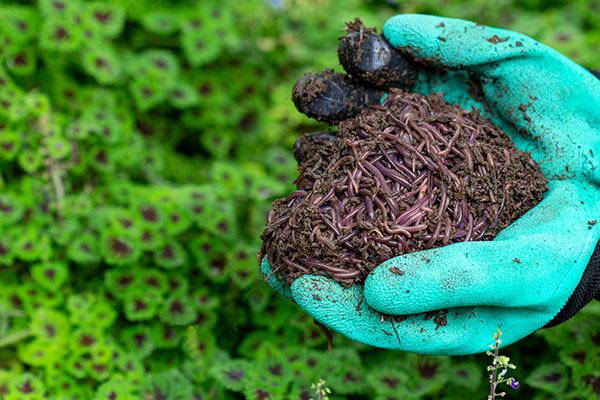
A team of researchers at the Commonwealth Scientific and Industrial Research Organisation and the Monash University in Australia have developed a specialized diet high in starch. This diet was shown to resist digestion, and pass through the colon where gut bacteria will readily break it down. The fermentation process releases high acetate and butyrate levels. When combined, these short-chain fatty acids exhibited protective properties against type-1 diabetes onset.
"The Western diet affects our gut microbiota and the production of these short-chain fatty acids. Our research found that eating a diet which encourages the gut bacteria that produce high levels of acetate or butyrate improves the integrity of the gut lining, which reduces pro-inflammatory factors and promote immune tolerance. We found this had an enormous impact on the development of type 1 diabetes," researcher Dr Eliana Mariño said, as reported by ScienceDaily.com.
Researcher Professor Charles Mackay said the results demonstrate how non-pharmaceutical treatments such as special diets and intestinal bacteria may help address or prevent autoimmune conditions such as type-1 diabetes. "The findings illustrate the dawn of a new era in treating human disease with medicinal foods. The materials we used are something you can digest that is composed of natural products -- resistant starches are a normal part of our diet. The diets we used are highly efficient at releasing beneficial metabolites. I would describe them as an extreme superfood," Prof. Mackay said in the same ScienceDaily.com article.
The findings were published in the journal Nature Immunology.
Studies confirm benefits of short-Chain fatty acids
A large number of studies have previously established that short-chain fatty acids provide a plethora of health benefits.
A 2014 review showed that short-chain fatty acids were found to significantly reduce serum glucose levels and insulin resistance in animal models of type-2 diabetes. The researchers also found that short-chain fatty acids helped curb inflammation in the animal models. In addition, short-chain fatty acids spurred an increase in Glucagon-like peptide-1 secretion. The findings were published in the journal Mediators of Inflammation.
Another meta-analysis reported that consuming fermentable carbohydrates and administering short-chain fatty acids may help improve glucose homeostasis and blood lipid profile. Short-chain fatty acids were also associated with significant improvements in body composition and and body weight. The results were published in the International Journal of Obesity.
An animal study published in 2012 revealed that short-chain fatty acids helped stimulate Glucagon-like peptide-1 secretion. GLP-1 is a hormone that originates in the gut, and is released by the body in response to food. The hormone is crucial in insulin production and appetite suppression. The findings were published in the journal Diabetes, the flagship publication of the American Diabetes Association.
Fiber-rich foods are excellent sources of short-chain fatty acids. Eating whole grains -- such as barley, oats, brown rice and bran -- may help increase butyrate production in the body. Fruits and vegetables such as leafy greens, beans, kiwis and oranges were also touted for their high dietary fiber and insoluble carbohydrate content. This in turn, boosts short-chain fatty acid production. Butyrate can also be found in milk fat products such as cheese and butter. (Related: Know more about the latest breakthrough in diabetes care at DiabetesScienceNews.com).
Sources:
Please contact us for more information.























